The Future of Work: Automation and the Human Workforce
As we stand on the precipice of an unprecedented technological revolution, automation promises to transform our workplaces in ways we are only beginning to understand. The advent of artificial intelligence (AI), robotics, and advanced algorithms is not merely a futuristic fantasy but a present-day reality, reshaping industries, redefining job roles, and influencing the global economy. This article delves into the opportunities and challenges that lie ahead as automation integrates more deeply into our work lives.
The Rise of Automation
Automation has evolved beyond the factory floor. Modern software, AI systems, and sophisticated algorithms are capable of performing tasks that were previously the domain of skilled human workers. Whether it’s autonomous vehicles, machine learning models predicting financial markets, or chatbots handling customer service inquiries, the spectrum of automation’s influence is wide and far-reaching.
Economic Impacts
The integration of automation can lead to substantial economic benefits. Enhanced productivity, reduced operational costs, and increased efficiency are just a few of the tangible advantages. Automation can handle repetitive, time-consuming tasks with a level of speed and accuracy unattainable by human workers, allowing businesses to focus on innovation and growth.
However, these economic benefits come with significant challenges. Displacement of jobs is a major concern, with studies estimating that up to 800 million jobs could be automated by 2030. While new jobs will undoubtedly emerge, the transition period may be turbulent, requiring workers to reskill and adapt to new roles quickly.
The Human Workforce: Adapting to Change
Despite fears of widespread job loss, history suggests that technological advancements can also create new opportunities. The key lies in how the human workforce adapts. Here are a few strategies to navigate the changing landscape:
Continuous Learning and Reskilling:
As automation takes over routine tasks, the demand for skills in programming, robot maintenance, data analysis, and AI tech will soar. Workers must commit to lifelong learning, constantly updating their skills to stay relevant.Focus on Emotional Intelligence:
While machines excel at tasks requiring precision and computation, humans possess emotional intelligence—empathy, critical thinking, and creativity—that is difficult to replicate technologically. Jobs emphasizing these traits will remain vital.Collaborative Intelligence:
The future workplace will likely thrive on a hybrid model where humans and machines collaborate. Instead of viewing automation as competition, workers should see it as a partnership augmenting human capabilities.- Policy and Governance:
Governments and organizations need to develop frameworks to ensure smooth transitions. Investments in education, retraining programs, and social safety nets will be crucial to mitigate the adverse effects of job displacement.
Innovation and New Frontiers
Automation opens doors to entirely new fields and industries. From biotech and renewable energy to space exploration and advanced healthcare, the possibilities are boundless. Workers equipped with the right skills could find themselves at the vanguard of these exciting advancements, driving innovation and societal progress.
Ethical and Social Considerations
As automation becomes more pervasive, ethical considerations must guide its development and deployment. Issues such as data privacy, algorithmic bias, and the digital divide need to be addressed to ensure that the benefits of automation are equitably distributed. Leaders in technology and policy must collaborate to build a future where automation enhances human potential without exacerbating existing inequalities.
Conclusion
The future of work, shaped by automation, is one of both promise and challenge. While we may face job displacement and the need for significant skill adaptation, the potential for enhanced productivity, new job creation, and the advancement of human capabilities is immense. By fostering a culture of continuous learning, emphasizing human-centric skills, and prioritizing ethical considerations, we can navigate the complexities of this transition, ensuring that automation serves as a tool for human advancement rather than a harbinger of obsolescence.
The future is not a distant horizon; it is here, unfolding before our very eyes. Our readiness to embrace and shape this change will define the trajectory of work for generations to come.








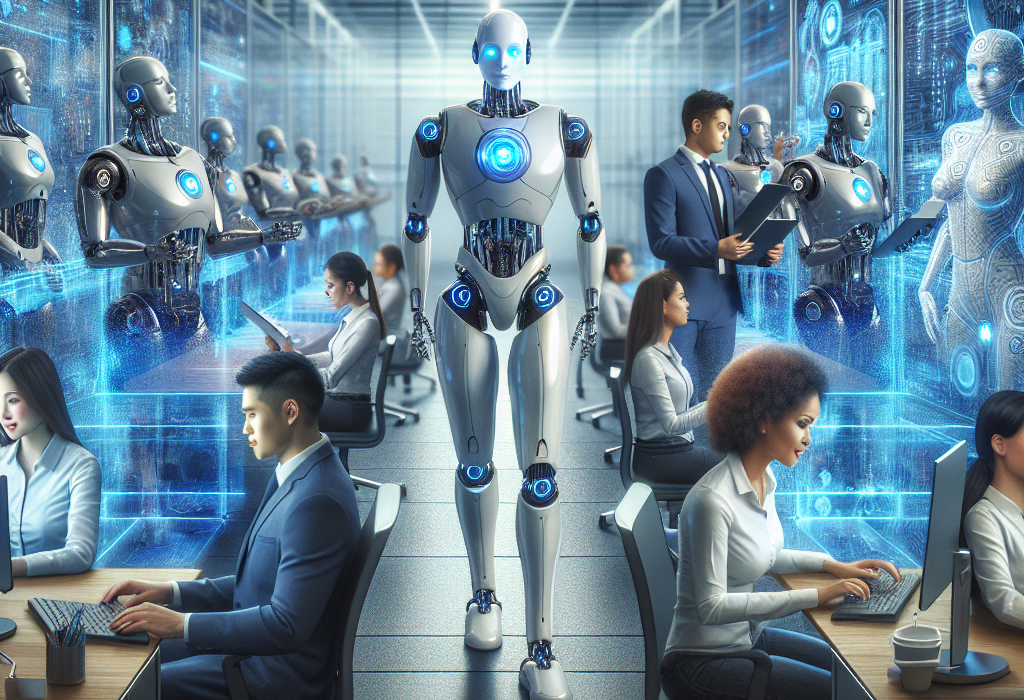

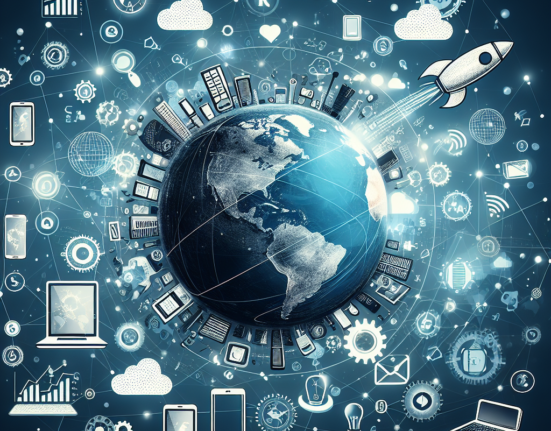
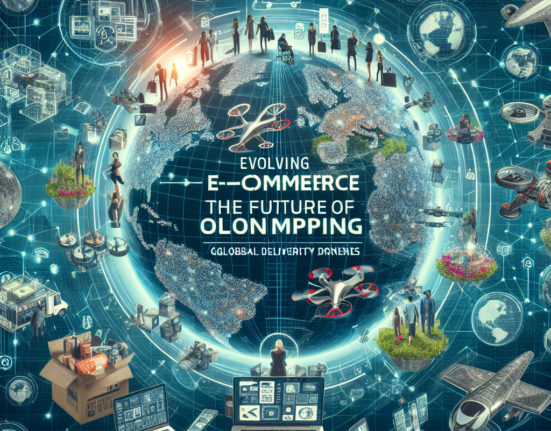
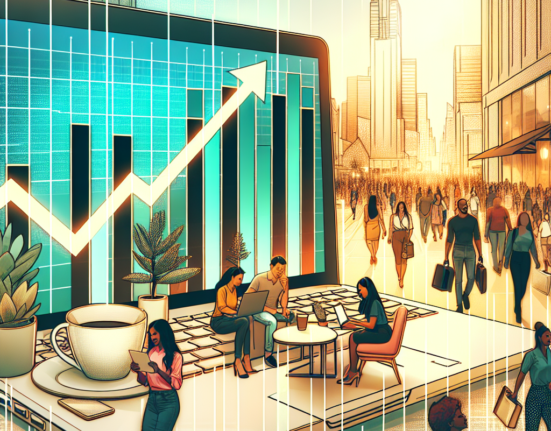

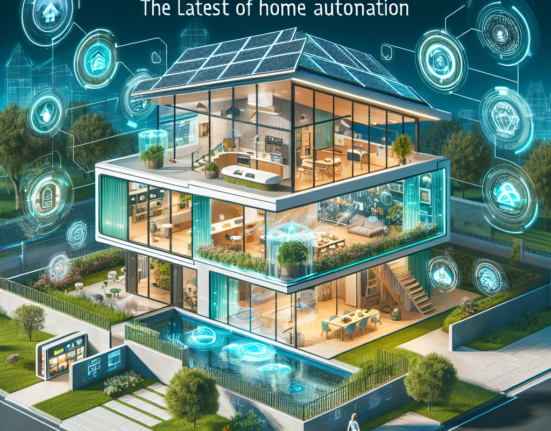

Leave feedback about this
You must be logged in to post a comment.